Breaking
- MENU
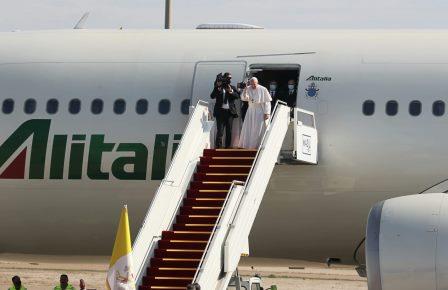
“It was an amazing visit.” That’s how Iraqi President Barham Salih summed up to me the historic visit of Pope Francis to Iraq. And President Salih was not exaggerating. It may be true that the pope leads no army, and his territorial domain is surrounded by the city of Rome. One could dismiss the pope as Joseph Stalin reportedly did at Yalta, by asking, “How many divisions does the pope have?” Yet popes have always wielded considerable influence well beyond the confines of the Vatican. Most recently it was Pope John Paul II who, together with Ronald Reagan and Margaret Thatcher, is credited for accelerating the process that led to the collapse of the Soviet Union that the selfsame Stalin led for decades.
No previous pontiff ever set foot in the ancient land that until the 20th century was called Mesopotamia. Moreover, the pope’s visit came at a time when Iraq continues to be subjected to intense Iranian pressure, Turkish occupation, militia-stoked violence, the ember of ISIS, and uncertainty about the future of America’s troop presence. Indeed, only two weeks before his visit the violence once again had spread to Kurdistan, where 14 rockets were fired at the Kurdish capital of Erbil; three hit the American base at the airport, leaving an American contractor dead.
Pope Francis easily could have cancelled his trip at the last minute in light of the danger from an array of extremists. As an excuse, he could have claimed that traveling to a country that has seen a spike in coronavirus cases — with thousands recently infected and dozens dying — was simply unwise. He made no such claim and went ahead with what clearly was great personal risk.
For his part, President Salih had been eager to bring the pope to Iraq, as he indicated to me when we last met prior to the pandemic’s shutdown of foreign travel. This was no small dream, and it bore multiple symbolic implications. To begin with, the pope would represent everything that radicals in Iraq detest. He would speak for an endangered Christian minority whose numbers continue to shrink. Indeed he would represent all minorities in Iraq who suffered under the heavy hand of ISIS or radical militias.
At the same time, the pontiff’s visit would demonstrate how carefully Iraq is walking the fine line between Iran, its powerful neighbour to the east, and the United States and the West. Iraq also has to reckon with Turkey, which continues to occupy its territory. Moreover, Baghdad is uncertain about the Biden administration’s commitment to maintaining a robust American presence in the region, whether military, economic or diplomatic.
Yet beyond all of these considerations, there was one other that Salih wished to underscore. He wanted to demonstrate that Iraq was a far more tolerant society than the ravages of ISIS against Yazidis and so many others would have suggested. It might be added that as a Kurd who, like so many of his ethnic brothers and sisters, suffered mightily during Saddam Hussein’s tyrannical rule, Salih is especially committed to showing the world that Iraq’s minorities will be treated with the respect they deserve.
The pope’s visit can only be called a smashing success. His six-city itinerary garnered the world’s attention. When he met with Ayatollah Ali al-Sistani, the spiritual leader of Iraq’s Sh’ia majority, in Najaf, holy to Shi’a Muslims, he joined the ayatollah in making a forceful case for coexistence. And they demonstrated the importance they attach to respecting other religions: In conformity with widespread practice in the Middle East, Pope Francis removed his shoes before entering Sistani’s room. And Sistani, who normally greets visitors while seated, stood to welcome Francis.
The pope’s visits to Qaraqosh, Iraq’s largest Christian city in the Nineveh Plains, where al Qaeda and then ISIS sought to wipe out the Christian community, and to Kurdistan, where many Christians had fled extremist depredations, reflected his determination to bolster the spirits of the endangered Chaldean community. At his visit to Mosul, once a major ISIS stronghold, Francis spoke out against extremism. And when he visited Ur, the Biblical home of Abraham, father of monotheism, the pope asserted, “Hostility, extremism and violence are not born of a religious heart: They are betrayals of religion. … We believers cannot be silent when terrorism abuses religion.”
Stalin was neither the first nor would he be the last to question a pope’s power. But Francis has demonstrated that power need not be measured in military or economic terms alone. What he brought to Iraq was power of a very different sort — one of the spirit, one that offers hope to a land that continues to suffer from extremist violence and militia despoliation. And it is for that reason that President Salih rightly could conclude that the pontiff’s visit truly was “amazing.”
Note: This article was originally published in The Hill on 10 March 2021 and has been reproduced with the permission of the author. Web Link
As part of its editorial policy, the MEI@ND standardizes spelling and date formats to make the text uniformly accessible and stylistically consistent. The views expressed here are those of the author and do not necessarily reflect the views/positions of the MEI@ND. Editor, MEI@ND: P R Kumaraswamy
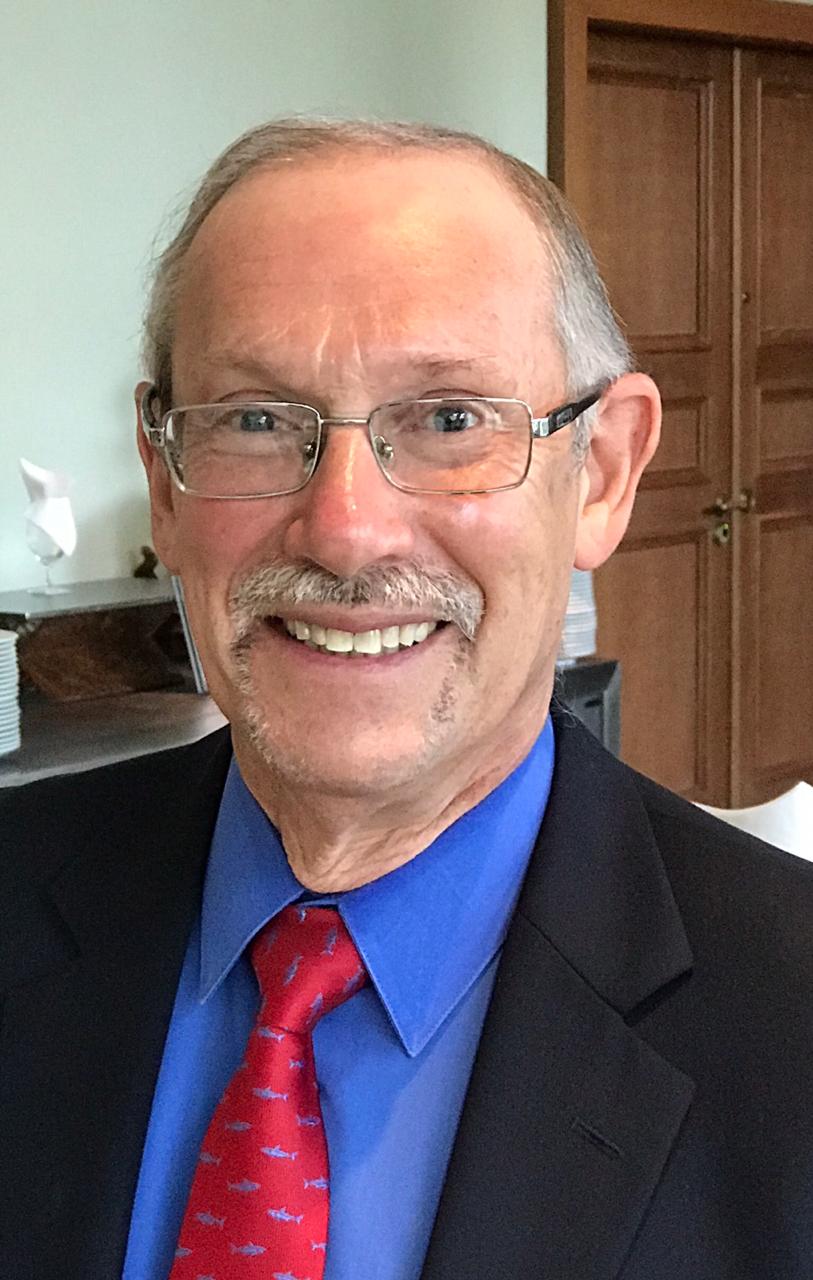
Dov S. Zakheim is a Senior Fellow at CNA Corp and Senior at the Centre for Strategic and International Studies (CSIS) Washington. Previously he served as Under Secretary of Defense (Comptroller) and DoD Chief Financial Officer (2001-04) and as DoD Coordinator of civilian programs in Afghanistan (2002-04). From 1985 to 1987, he was Deputy Under Secretary of Defense for Planning and Resources. He sits on various corporate boards and is Vice-Chairman of both the Foreign Policy Research Institute and Center for the National Interest. He is also the author of Flight of the Lavi: Inside a US-Israeli Crisis (Brassey's 1996).
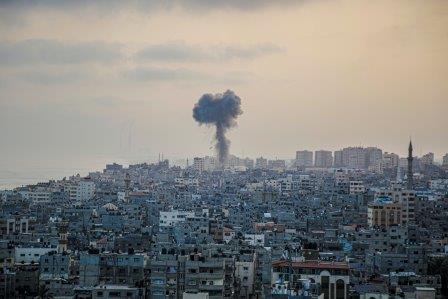
The longer Israel holds off entering the Gaza Strip, the greater will be the number of voices around.....
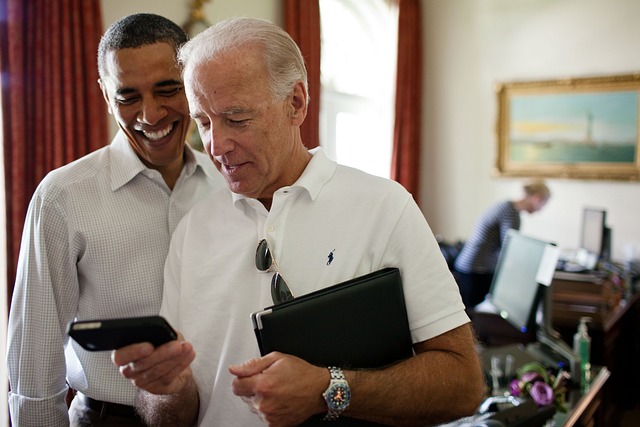
It was rather amusing to see President Joe Biden hugging Israeli Prime Minister Benjamin Netanyahu u.....
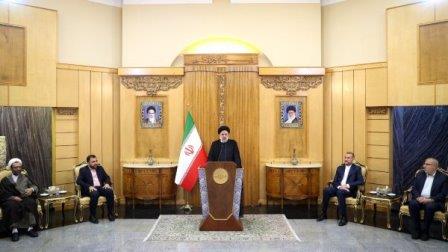
The Biden administration’s money-for-hostage exchange with Iran has, not surprisingly, generat.....
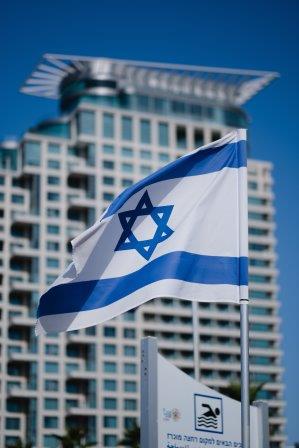
On its face, there is little that the United States can do to help prevent Israel from destroying it.....
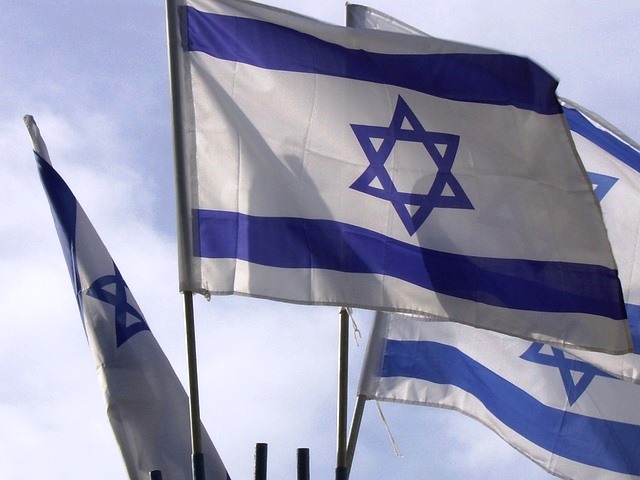
In 1996, when Benjamin Netanyahu was first elected prime minister, Israel was still basking in the a.....
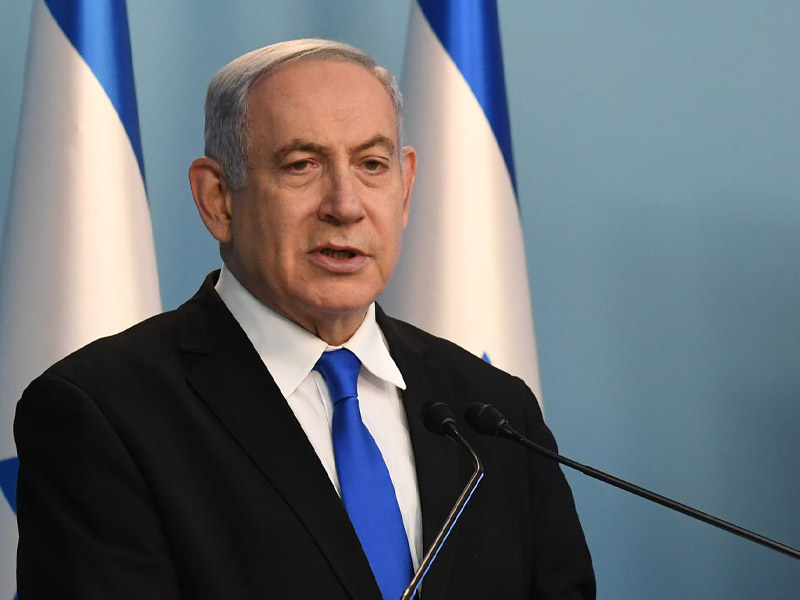
As the world watches Vladimir Putin brazenly annex chunks of eastern Ukraine, one politician in part.....
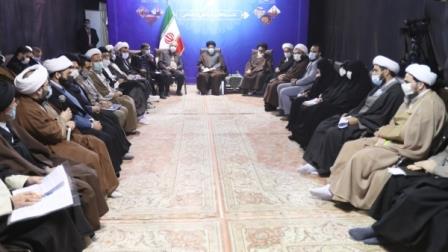
Israel and Turkey recently announced that, once again, they would upgrade their relations to full di.....
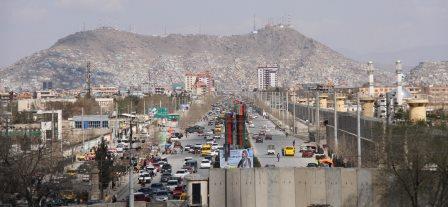
The one year anniversary of the Biden administration’s chaotic exit from Afghanistan has provi.....
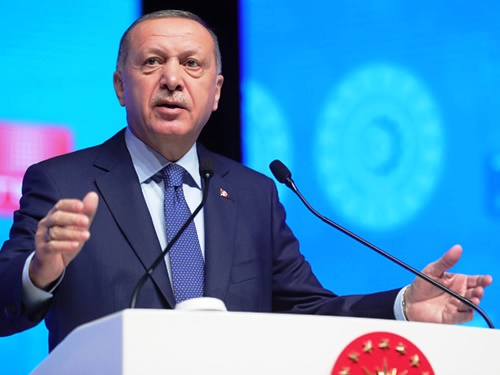
“Unpredictable” is an understatement when describing Turkey’s authoritarian presid.....
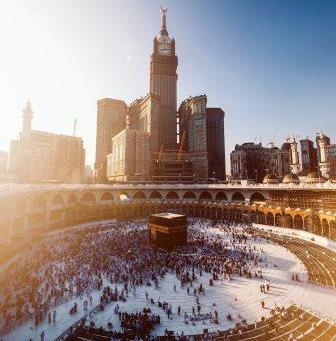
Joe Biden’s visit to Saudi Arabia did not exactly work out as the president perhaps had antici.....
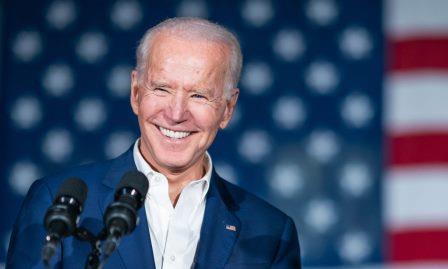
As President Biden often reminds his Israeli interlocutors, he first visited Israel in 1973 when Gol.....
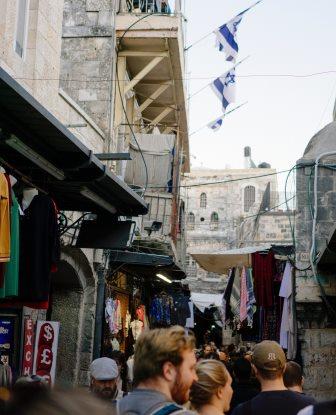
It is not often that a government falls over a few crumbs. But that is exactly what could happen to .....
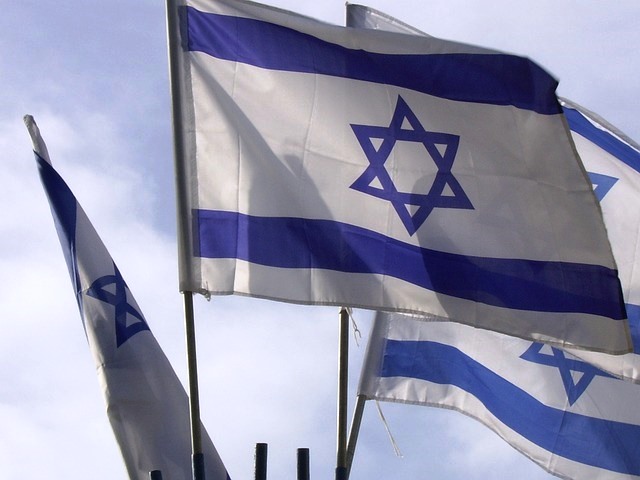
In what proved to be the last book he wrote before his death, “No Room for Small Dreams,&rdquo.....
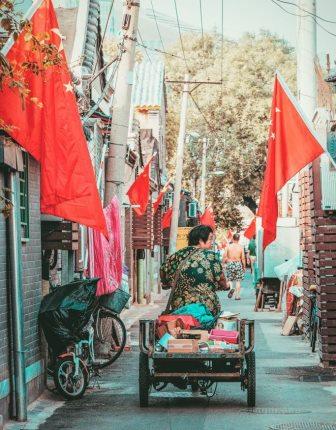
The State Department this week issued a report that once again rejects China’s claims to exclu.....
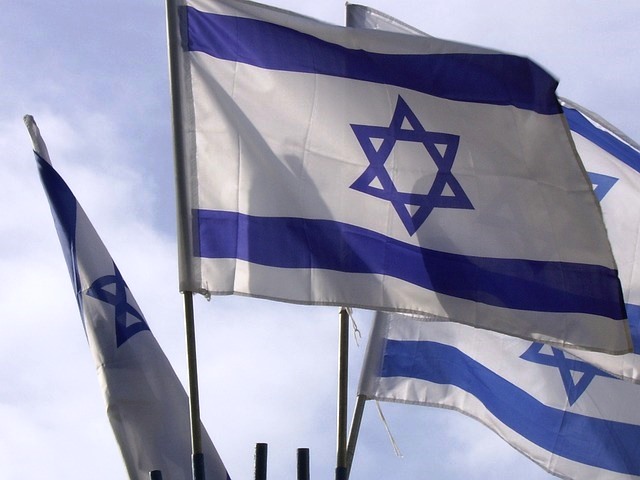
Even as the left wing of the Democratic Party continues to blast Israel — to the degree that t.....
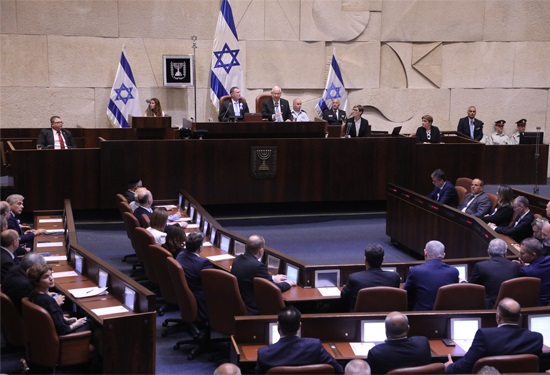
Several days ago, a group of so-called progressive Democrats, led by the “Squad” &.....
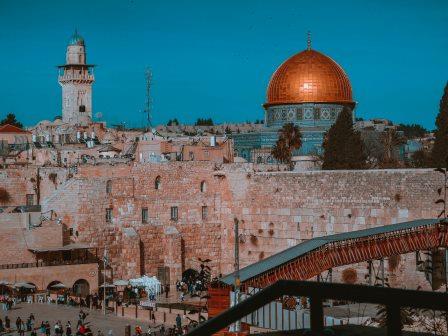
The Israel-Hamas ceasefire appears to be holding. President Biden has reiterated his commitment to a.....
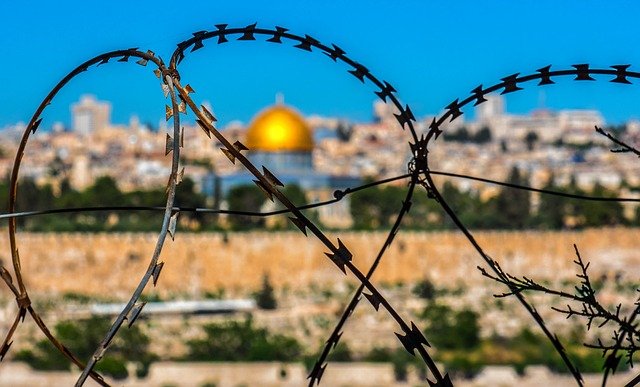
At the time of writing, the increasingly bloody war between Israel and Hamas continues apace. At som.....
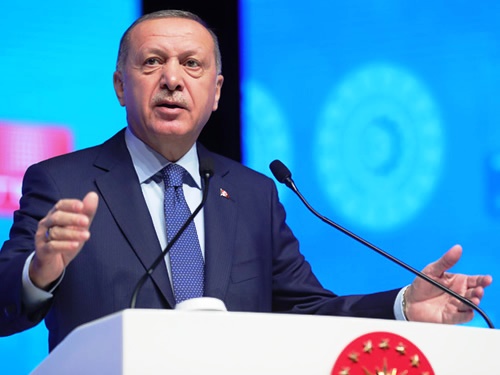
The chasm between Washington and Ankara grows wider by the day. President Biden’s decision to .....

Jordan’s arrest of about twenty leading officials accused of plotting to overthrow King Abdull.....
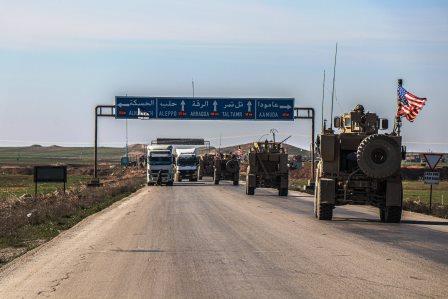
President Trump appears determined to withdraw as many troops as he can from the Middle East before .....
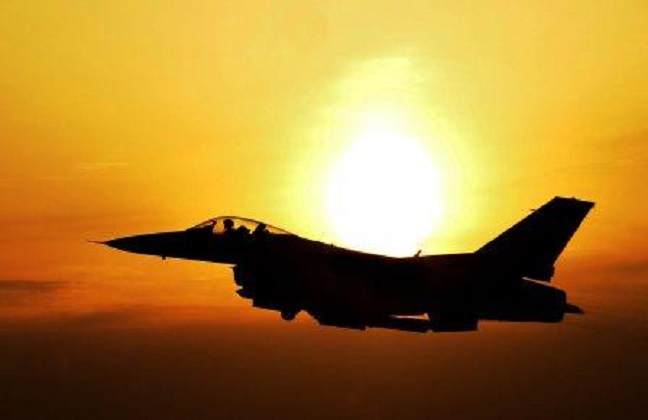
Forty years ago, the Reagan administration sought to sell AWACS early-warning and control aircraft t.....
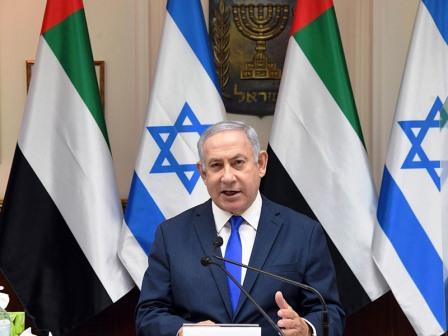
Having hosted a successful White House ceremony to formalize the normalization of Israel’s rel.....
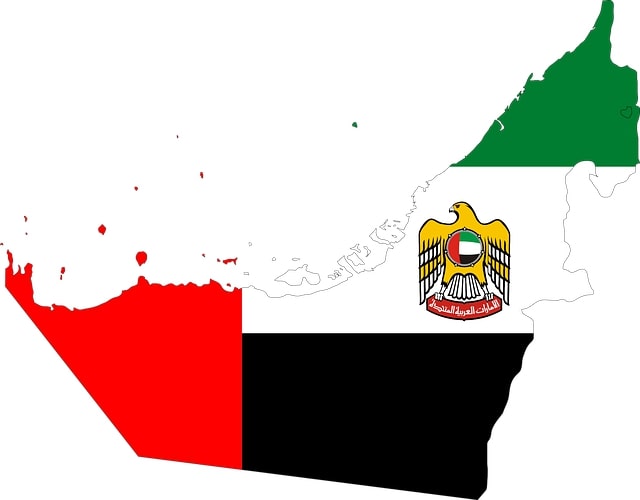
Donald Trump’s electoral prospects appeared to be fading away; for weeks Joe Biden was leading.....
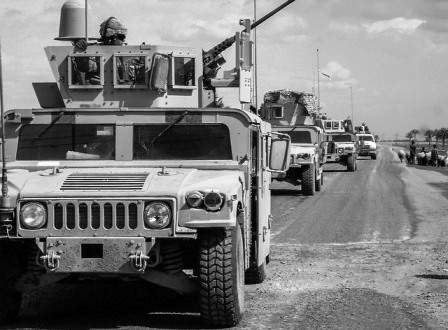
Washington continues to be consumed by speculation and debate over whether the United States should .....
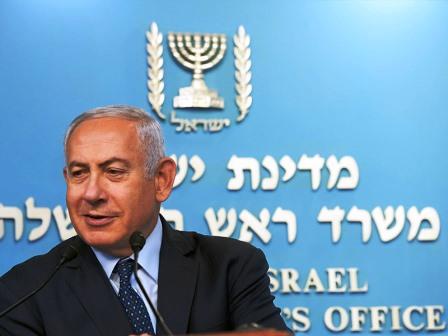
While Americans are agonizing over the wisdom of killing Iranian Quds Force leader Qassim Suleimani,.....
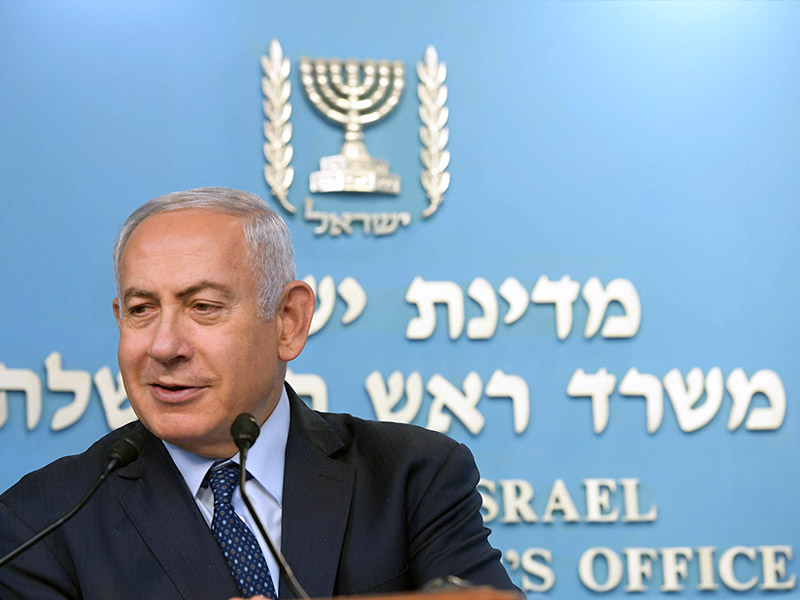
For months, Israel’s pundits predicted that Prime Minister Binyamin Netanyahu once a.....
